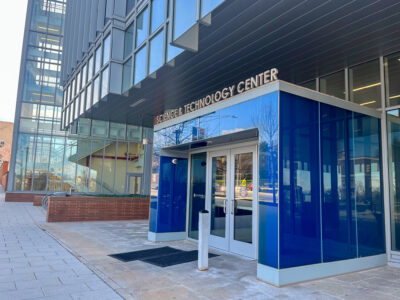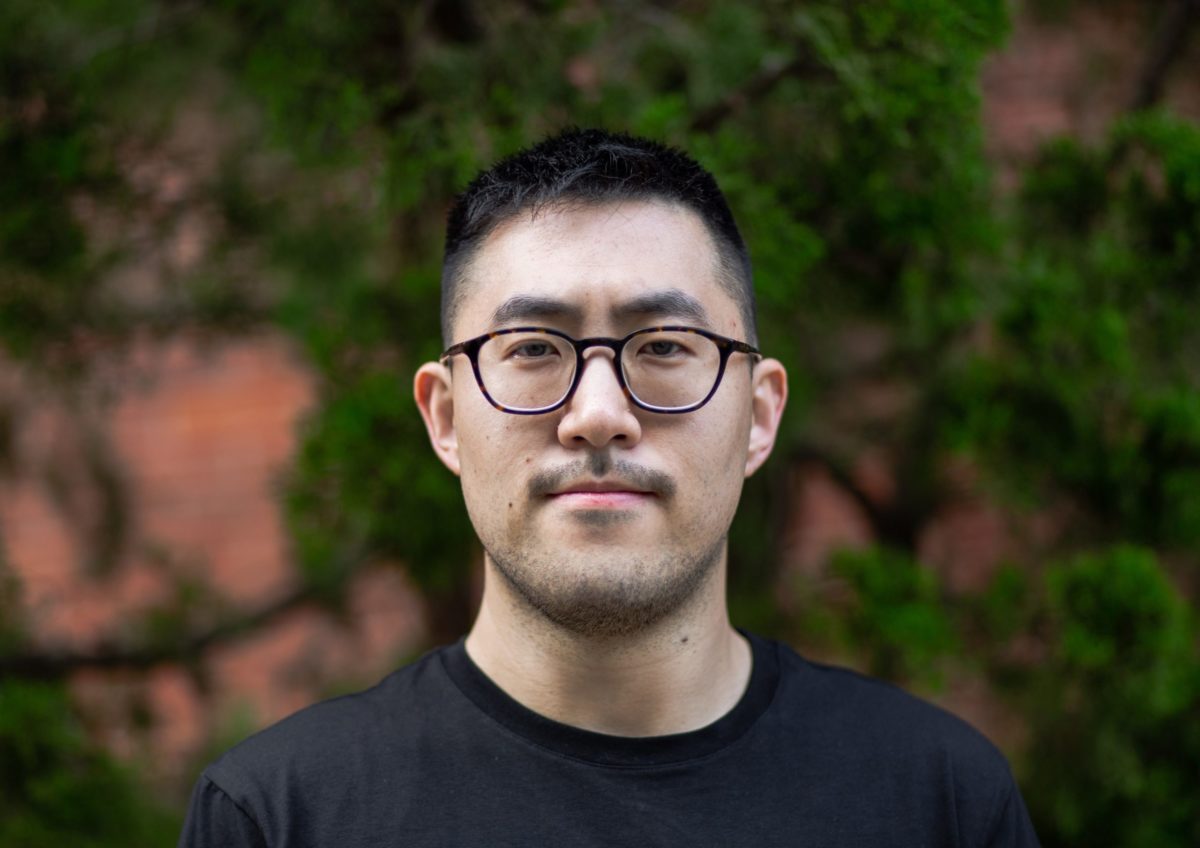Sitting in the dentist’s chair and hearing the results of an X-ray, people can often feel unsure. Maybe they have questions about whether an individual dentist’s bias is playing a role in a decision.
Baltimore-based startup Dentuit Imaging thinks it’s a place where AI tools can play a role in helping to bring some more certainty.
The company is developing a system that can automate detection of dental caries — aka tooth decay — in an X-ray. Dentuit Imaging recently received a Phase I Small Business Technology Transfer (STTR) grant from the National Science Foundation for about $225,000 to further development.
CEO Dan Lee is a UMBC computer science grad who earned first place at the university’s Cangialosi Business Innovation Competition in 2019 with a prototype in hand. Dentuit launched in 2019, and Dr. John Winder is serving as chief scientist on the STTR effort. The company is based at City Garage in Port Covington, though is currently remote. Along with funding and full-time status for Lee, the grant means that the company can open up collaboration with computer vision researchers, clinicians and radiologists from University of Maryland, Baltimore’s school of dentistry.
With a dentist’s office, many X-rays are only read by one person. Lee sees opportunity to bring a new tool that can take a field that often relies on the opinion of one, and let decisions be informed by many.
“It just happens to be that computer vision is a field where you develop an AI model based on multiple people’s opinion through their analysis while they train the model. So in that respect you’re applying a consensus-based support solution,” Lee said. The collaboration that’s part of the STTR allows the company to have clinical involvement in training those models as it builds, Lee said.
Dentuit Imaging is focusing in on the imaging portion of dental care, where AI can play a role in identifying the problem areas. When it comes to dentists analyzing the X-rays, “they don’t have a problem identifying what it is when they see it,” Lee said. Rather, “it is a matter of if they see it in the first place.”
Along with automating a routine part of the dental exam, the COVID-19 pandemic is increasingly showing a need for remote healthcare, whereas it used to be more of a want.
“Whether you like it or not the way that you’re going to get dental care in the future is going to be different. It’s not going to be the same,” he said.
Don’t think it gets you out of a dentist’s visit completely, as some in-person visits will still be required. But in imaging, Lee sees one part of the process for tech tools to play in how care is “accessed, delivered and received.”
Join the conversation!
Find news, events, jobs and people who share your interests on Technical.ly's open community Slack

Baltimore daily roundup: Real estate deal in the Peninsula; Missing $100M nitrile glove factory; Dirt bike clampdown

Baltimore daily roundup: Gen AI's software dev skills; UpSurge Tech Ecosystem Report; MD service year program

Baltimore daily roundup: Mayoral candidates talk tech and biz; a guide to greentech vocabulary; a Dutch delegation's visit


